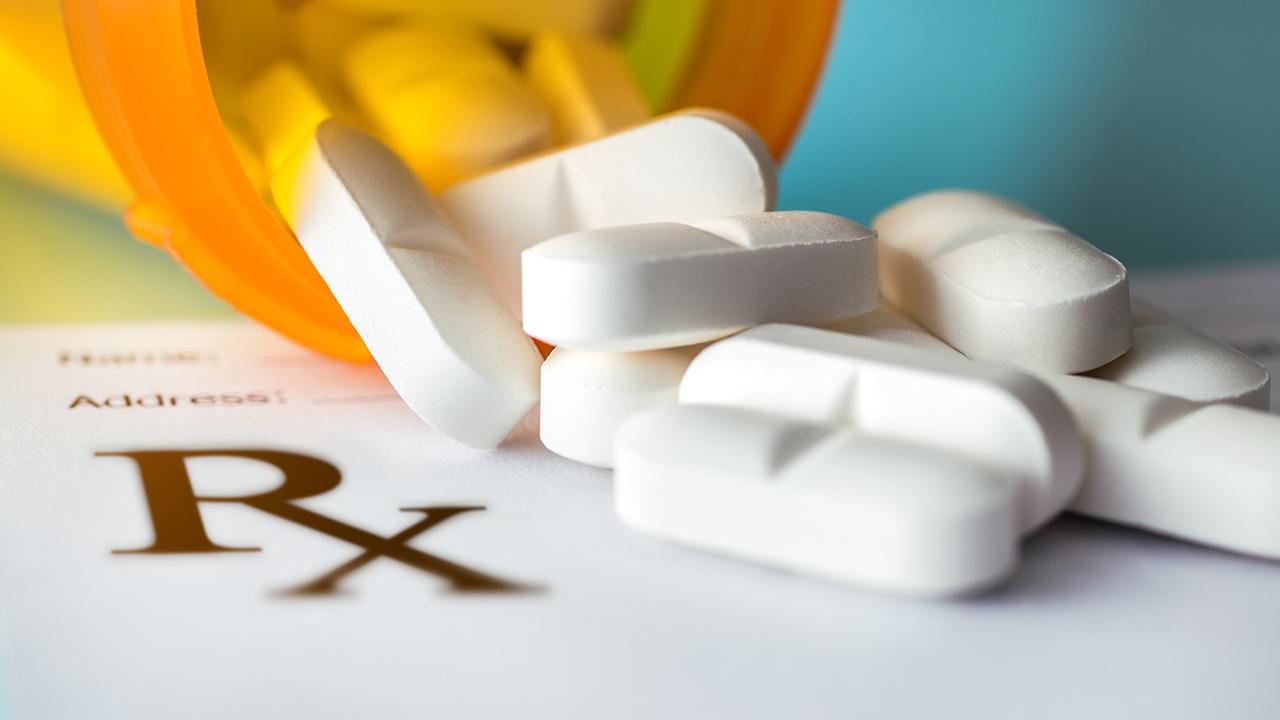Drugmakers are raising prescription prices in 2019
Your next prescription or refill for commonly used drugs to treat ailments such as blood pressure, cancer, and multiple sclerosis, which sometimes are not offered in a generic form, may cost you more next year.
Around 30 drug makers, including Novartis, Bayer, Allergan, are planning to raise U.S. prices in early 2019, according to a Reuters report. This will put an end to a self-declared halt on price hikes earlier this year after pharmaceutical companies came under pressure from President Trump.
Pfizer & others should be ashamed that they have raised drug prices for no reason. They are merely taking advantage of the poor & others unable to defend themselves, while at the same time giving bargain basement prices to other countries in Europe & elsewhere. We will respond!
— Donald J. Trump (@realDonaldTrump) July 9, 2018
“Pfizer & others should be ashamed that they have raised drug prices for no reason. They are merely taking advantage of the poor & others unable to defend themselves, while at the same time giving bargain basement prices to other countries in Europe & elsewhere. We will respond!” says the tweet.
Pfizer is planning to up their prices on 41 drugs in mid-January, while Novartis’ price hike is expected to range from 4.5 percent to 9.9 percent.
Fox News Medical A Team’s Dr. Marc Siegal said the underlying significance is that big pharma continues to offer rebates to insurance companies that doesn’t get passed onto consumers.
“The pharmacy benefit managers, the insurance companies who’s ever negotiated prices with these drugmakers are still getting discounts, but they’re not yet being passed along to the consumer, Dr. Siegal said during an interview with FOX Business’ Connell McShane on Thursday.
Eli Lilly’s CEO Dave Ricks agrees the consumer is at a disadvantage saying, “Patients are paying too much out of pocket” for prescription drugs. “We have a drug price-increase problem to the patient,” he told FOX Business’ Maria Bartiromo on Thursday. “Why? Because they are paying list prices and increasingly insurance design has patients paying full price for their medicines rather than the negotiated price that companies have with their insurance company.”
The U.S. Food and Drug Administration (FDA) has approved the highest number of generic drugs in its history during fiscal year 2018 as a means to combat rising prescription drug costs, according to Health and Human Services Secretary Alex Azar.
“The FDA is approving a record number of generics, but they don’t catch up necessarily with our state of the art medicines that we need to use,” Dr. Siegal said. “So we need more pressure applied to the drug makers.”




















